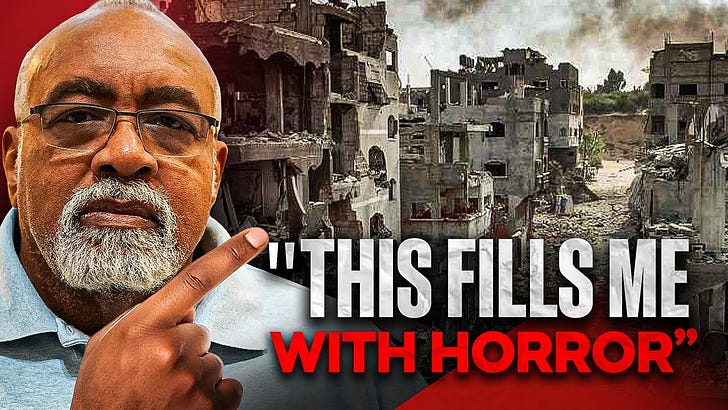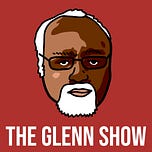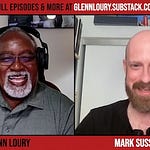The October 7 massacre and the Gaza War have dragged the Israel-Palestine conflict back to the center of global politics. A once deadlocked tension between the State of Israel and the Palestinian territories is changing rapidly and tumultuously, with the Israeli government making moves toward deporting millions of Gazans after displacing most of them from their homes. The aftermath of October 7 has forced many of us to think hard about our positions on Israel. And it’s forced many Jewish observers, including this week’s guest, the journalist Peter Beinart, to ask profound questions about their religion’s relationship to Israel. Peter’s new book, Being Jewish after the Destruction of Gaza: A Reckoning, is addressed to fellow Jews. For non-Jewish readers like me, it’s provided a fascinating look into the moral and religious questions that the war has raised for Jewish critics like Peter.
For Peter, the Gaza War is an epochal event in Jewish history. In our conversation, he explains how the Jewish tradition has been used to both justify and criticize the conflict. But what about non-Jews like me, who sometimes feel we have no standing to criticize the Jewish state? Peter sees the destruction of Gaza as a concern for all humans. As he sees it, Jews and non-Jews alike should at least support the right to nonviolently protest Israel’s actions. Jews who elevate Israel above all other worldly and religious issues, Peter argues, practice a kind of idolatry. And they participate, intentionally or not, in a global ethno-nationalist trend that he finds worrying—that, he says, is the most worrying source of rising antisemitism. Deporting displaced Gazans is not the answer, according to Peter. They cannot return home, and so they should be allowed to resettle within Israel’s borders.
I'm intrigued by Peter's interpretation of the Jewish tradition's role in the conflict. Of course, I'm not versed in that tradition myself, so I invite others who are to comment below.
This post is free and available to the public. To receive early access to TGS episodes, an ad-free podcast feed, Q&As, and other exclusive content and benefits, click below.
0:00 Intro
1:33 The relationships Peter has lost and gained
4:14 Why Peter thinks this is a “watershed” moment in Jewish history
6:50 Who can criticize Israel?
9:44 The challenge of October 7’s aftermath to Jewish self-understanding
15:54 Peter: Jews should support non-violent Palestinian protest, not criminalize it
20:12 Shouldn’t the Palestinians have taken the deals they were offered?
25:48 Peter’s argument for a one-state solution
34:34 The “dirty little secret” of Ta-Nehisi Coates’s Jewish critics
37:12 The idolatry of the Jewish state
39:45 The mutual liberation of Jews and Palestinians
41:37 Why aren’t the critics of snowflakes and trigger warnings defending pro-Palestinian campus protesters?
46:01 Peter: Antisemitism is on the rise, and ethno-nationalism is the reason
50:20 Peter: If Gaza is unlivable, then Gazans should be allowed to live where they want
Recorded February 21, 2025
Links and Readings
Peter’s Substack, The Beinart Notebook
Peter’s new book, Being Jewish after the Destruction of Gaza: A Reckoning
Ta-Nehisi Coates’s book, The Message
Eitan Hersh and Laura Royden’s article, “Antisemitic Attitudes across the Ideological Spectrum”














Share this post